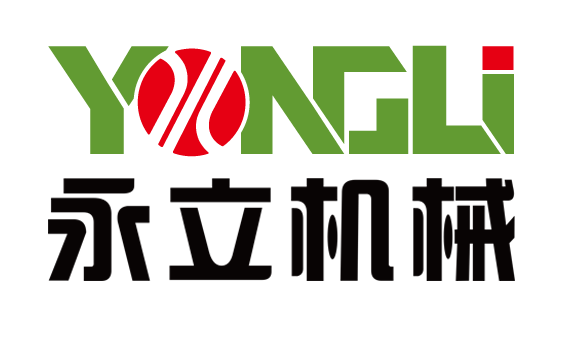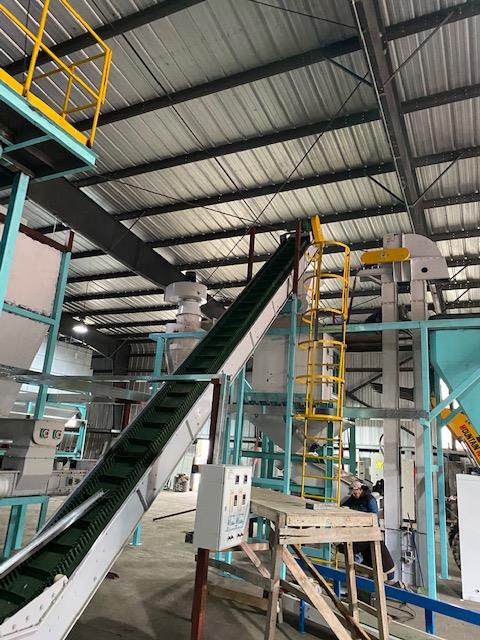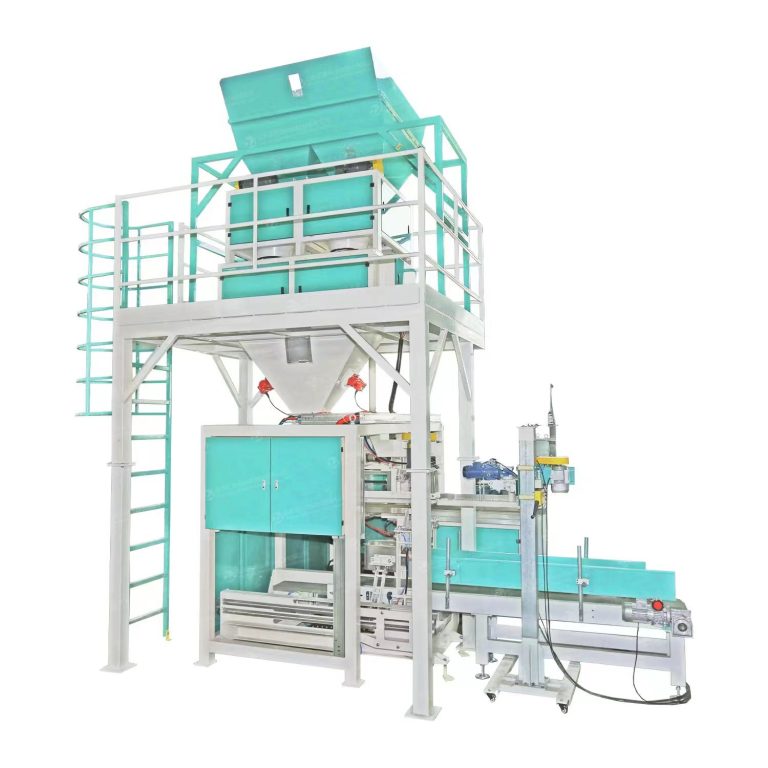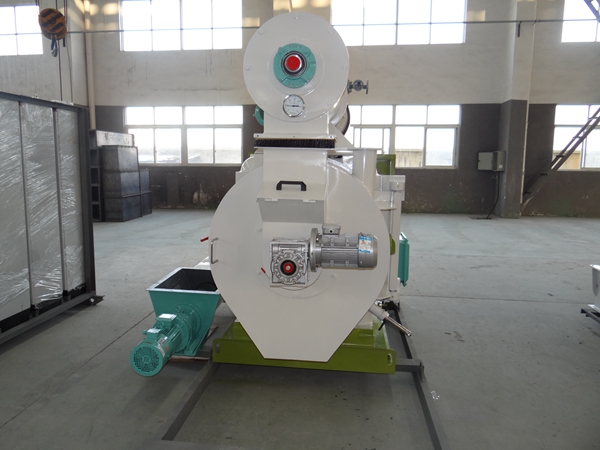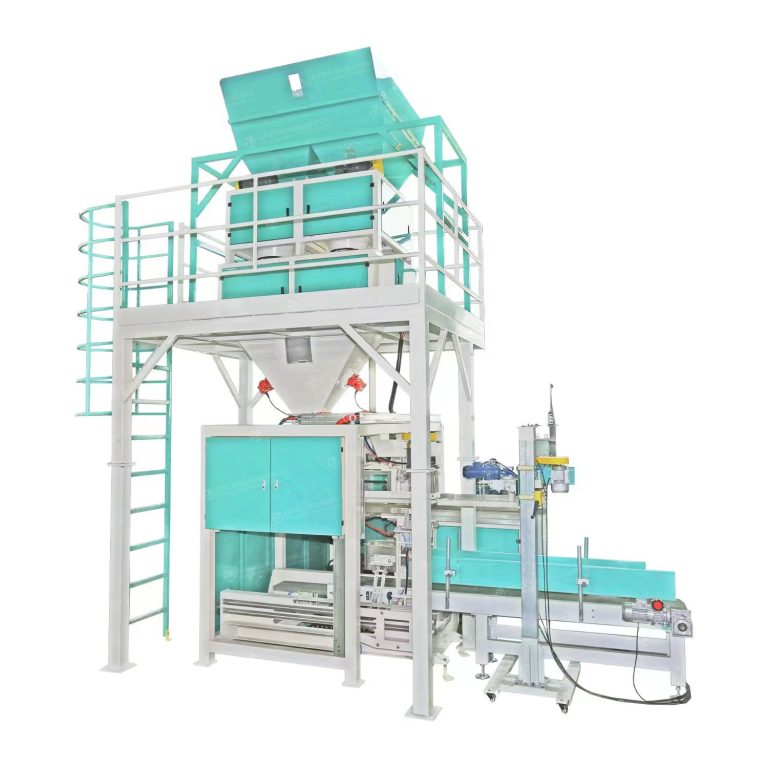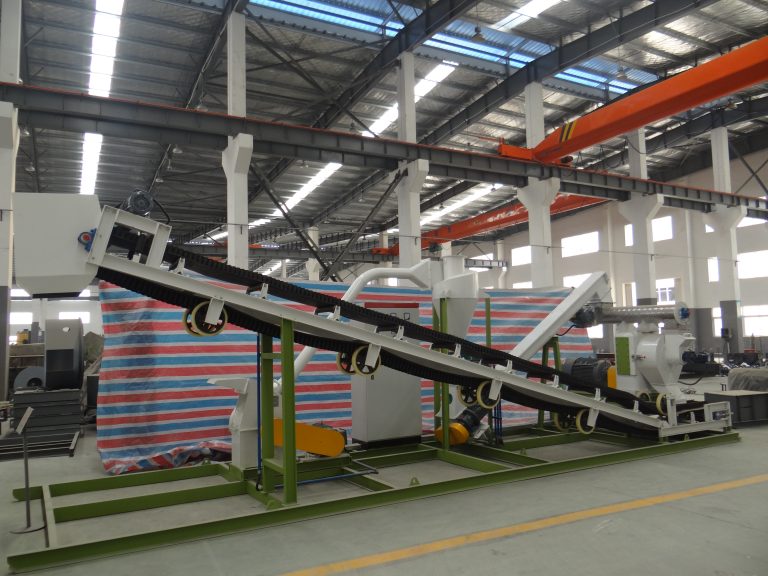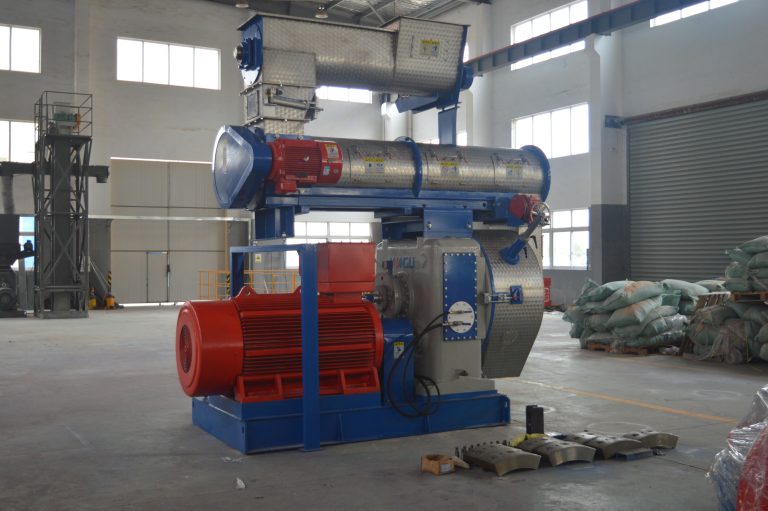Factors Affecting Palletizing Machine Price
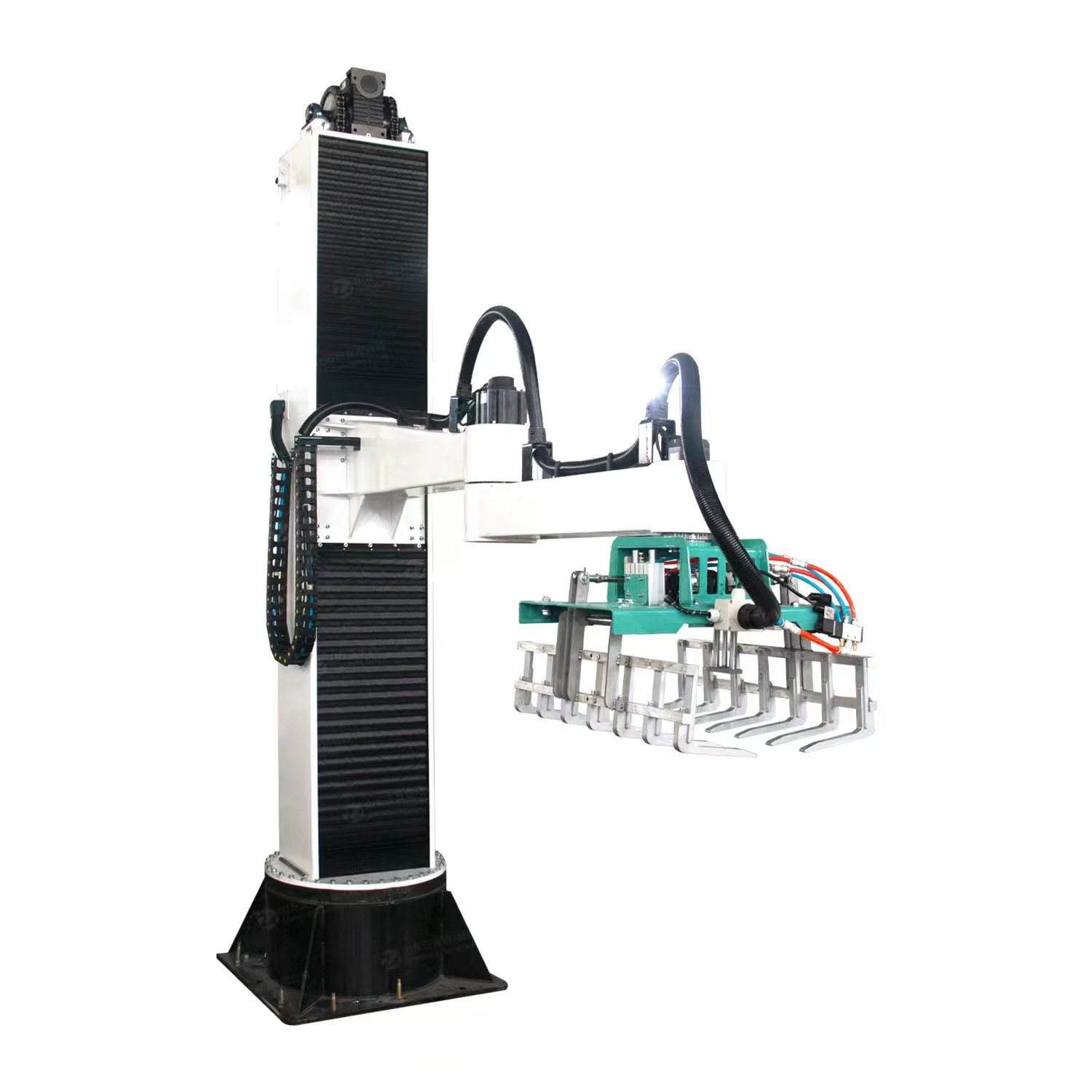
Palletizing machines have become an essential tool in many industries, streamlining the process of stacking and organizing products onto pallets. These machines not only save time and labor costs but also ensure the safety and stability of the palletized goods. However, when considering investing in a palletizing machine, one of the primary concerns for businesses is the price. Understanding the factors that affect palletizing machine prices can help companies make informed decisions and find the best value for their investment.
One of the key factors that influence the price of a palletizing machine is its capacity. Palletizing machines come in various sizes and can handle different weight capacities. Machines with higher capacities are generally more expensive due to their robust construction and advanced technology. However, it is crucial to assess the specific needs of your business before deciding on the capacity of the machine. Investing in a machine with excessive capacity may result in unnecessary costs, while a machine with insufficient capacity may not meet your production requirements.
Another factor that affects the price of a palletizing machine is its level of automation. Palletizing machines can range from semi-automatic to fully automatic systems. Semi-automatic machines require some manual intervention, such as loading and unloading pallets, while fully automatic machines can operate independently with minimal human involvement. Naturally, fully automatic machines are more expensive due to their advanced features and increased efficiency. However, the higher upfront cost can be offset by the long-term savings in labor costs and increased productivity.
The complexity of the palletizing process also plays a role in determining the price of a palletizing machine. Some industries require specialized palletizing solutions to handle unique product shapes, sizes, or packaging materials. Customized palletizing machines designed to meet specific requirements tend to be more expensive than standard models. However, investing in a tailored solution can significantly improve the efficiency and effectiveness of the palletizing process, leading to long-term cost savings and improved customer satisfaction.
The brand and reputation of the manufacturer also impact the price of a palletizing machine. Well-established manufacturers with a proven track record of delivering high-quality machines often charge a premium for their products. While opting for a reputable brand may come with a higher price tag, it also ensures reliability, durability, and excellent after-sales support. Investing in a trusted brand can provide peace of mind and minimize the risk of unexpected breakdowns or maintenance issues.
The level of customization and additional features desired by the buyer can affect the price of a palletizing machine. Some manufacturers offer optional features such as integrated stretch wrapping, labeling systems, or advanced software for inventory management. While these additional features can enhance the functionality of the machine, they also come at an extra cost. It is essential to carefully evaluate the value and necessity of these features for your specific business needs to avoid unnecessary expenses.
